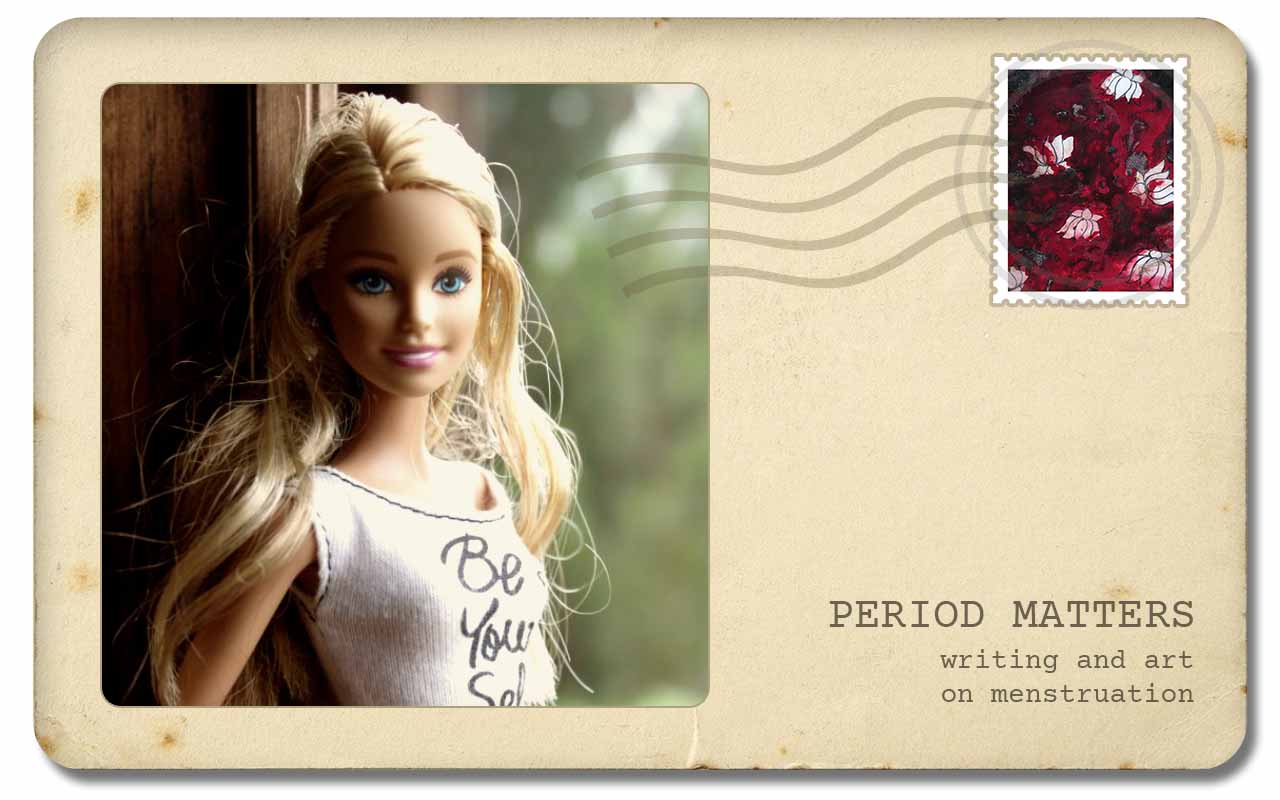I was invited to participate on The Barbie Forum: A Feminist Legacy at the London Literary Salon as a panellist. Everyone had something to say about Barbie, and while many in the group had more positive responses to the film, I had my own reasons for not liking it.
Here is an extract from the notes of the discussion.
From Farah Ahamed, editor of the anthology Period Matters: Menstruation in South Asia, and co-founder of the Panties with Purpose a campaign in Kenya promoting menstrual dignity:
A background to myself, as my perspective is that of a Kenyan Asian. I grew up in Kenya in the 1970s where Barbies were not available in the toyshops. I never played with Barbies and when I did finally see one at a friend’s house, we just looked at it and put it back in the box. It felt weird to play with a grown up, doll which had boobs, to be honest. Some of my other friends later got Barbie dolls, so we were divided into the ‘haves and have-nots.’ I have never understood the Barbie hype and the film didn’t resonate with me in the way it probably does for others.
However, while I can appreciate the POV and sentiments of Barbie fans, my own take is somewhat different. For instance, while it is obviously a send-up of patriarchy and stereotyping, I found some of it disturbing and even distasteful. The film left me feeling, ‘is this what we are supposed to find funny?’ At this particular time, culturally, when there is so much violence against women, and women’s voices aren’t taken seriously? For instance, I did not like the ending at all – the idea that Barbie was going to see a gynaecologist, presumably because now she had a vagina, left me feeling in the ultimate analysis is that what it came down to? A vagina? We could have seen Barbie get a job or read a book at the very least. But instead we are left supposedly laughing about her bodily changes- that too, her vagina.
Another thing that struck me was the fact that there was no possibility for friendship between Ken and Barbie. They were stuck in ‘lover’ mode or ‘patriarchy mode’. There was no meeting of the minds, no possibility of negotiating, no middle ground. Neither of them made any movement towards any emotional growth in that respect. Poles apart, male and female, with no understanding or kinship. There is no potential for empowerment, equality and freedom together, each person must go on their journey on their own. The ‘other’ is gendered, different and can never be relatable.
That’s how we are left to imagine it will always be in Barbieland, and also in the real world. Yet another thing that upset me was the idea that the Barbies chose to encourage the rivalry between the Kens, resorting to provoking their barbaric instincts of warfare and competition rather than their intellect or negotiation abilities, suggesting that men essentially are just violent and egotistical.
Read more at The London Literary Salon:
www.litsalon.co.uk/Studies/the-barbie-phenomenon-a-feminist-legacy
